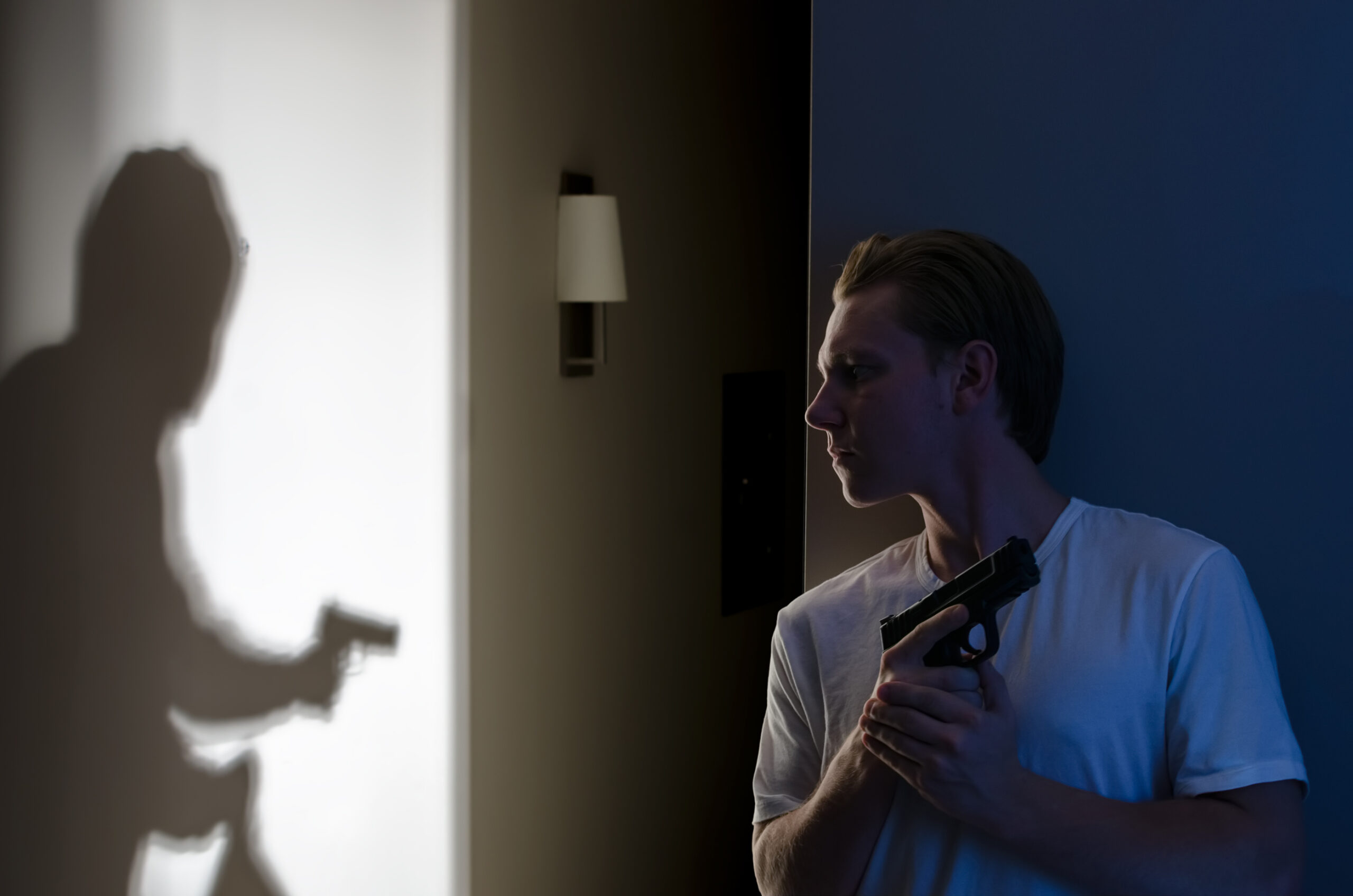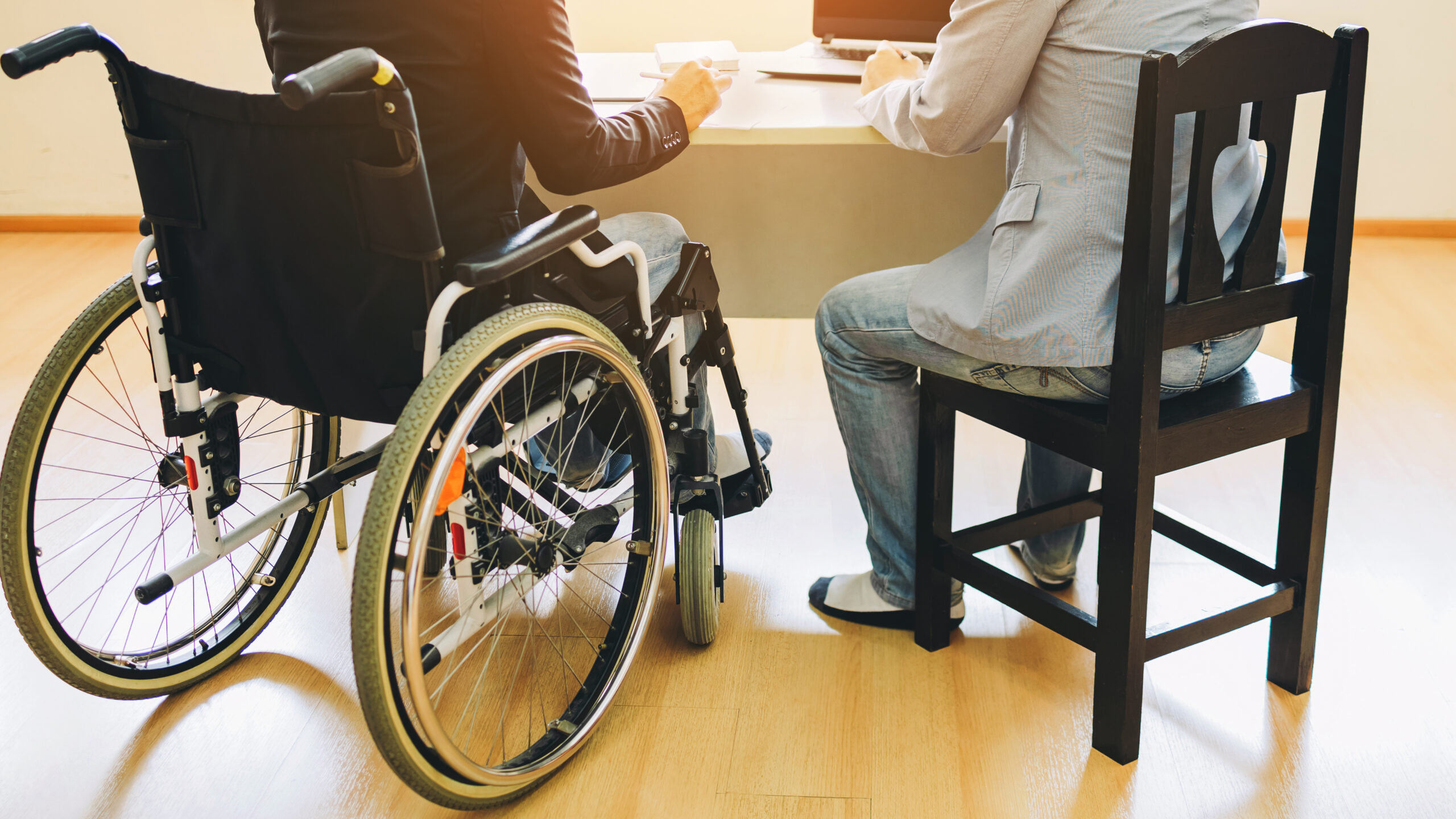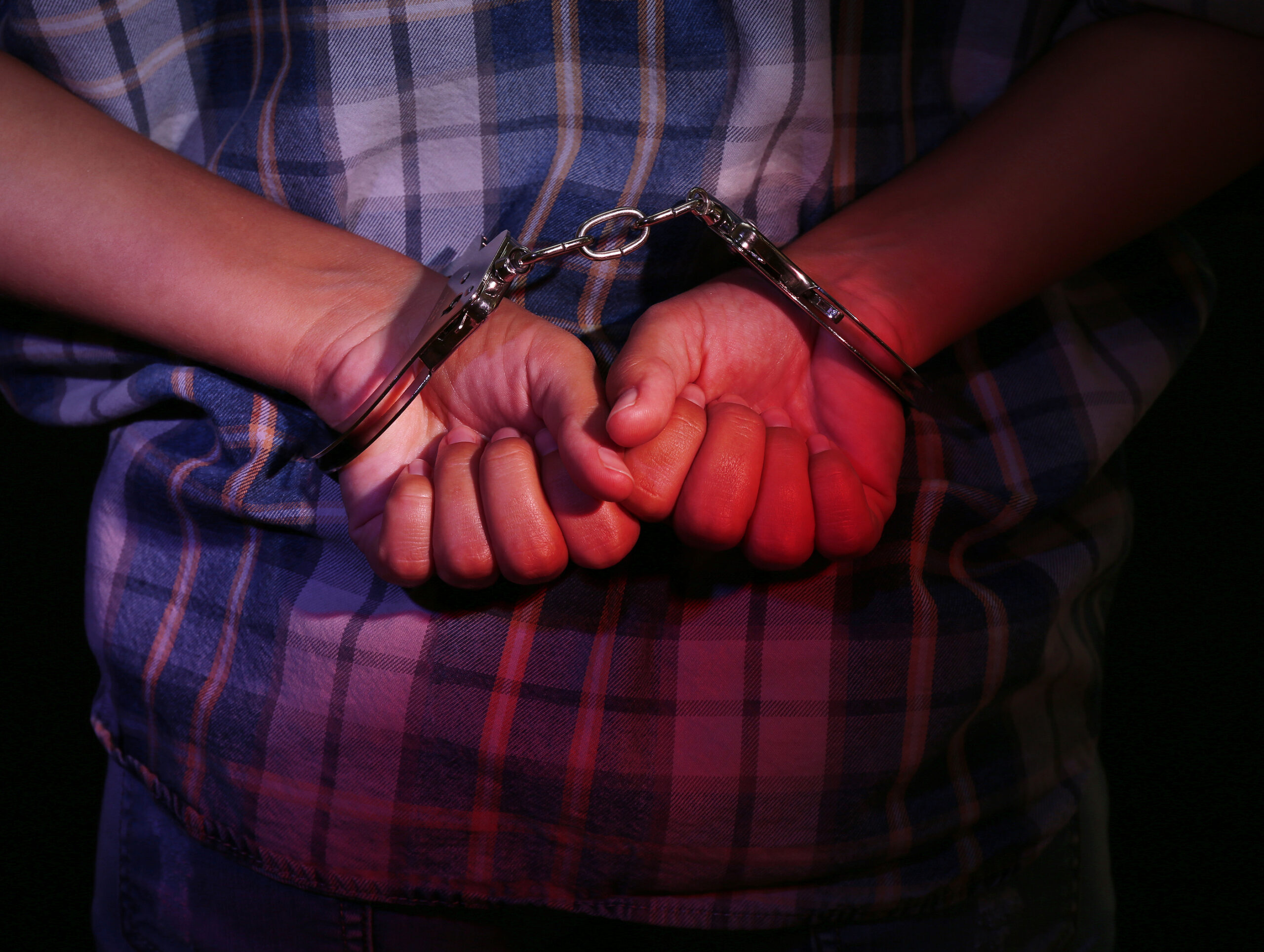What is Florida’s Stand Your Ground Law?
Florida’s Stand Your Ground law is a self-defense law that allows a person to use force, including deadly force, if they believe it is necessary to prevent imminent death or great bodily harm. This law, which is codified in Florida Statute 776.013, is unique because it removes the duty to retreat before using force in self-defense. In other words, if you are in a place where you have a right to be and are not engaged in unlawful activity, you can stand your ground and defend yourself without first trying to escape or avoid the conflict.
How Does the Stand Your Ground Law Work in Orlando Criminal Cases?
In Orlando, as in the rest of Florida, the Stand Your Ground law can be invoked in criminal cases where the defendant claims they acted in self-defense. If you are charged with a violent crime such as assault or homicide, you may be able to use the Stand Your Ground law as a defense, depending on the circumstances of your case.
What is the Process of Invoking the Stand Your Ground Law?
The process typically begins with a pre-trial hearing, where you would present evidence to support your claim of self-defense. This could include witness testimony, surveillance footage, or any other evidence that shows you were in fear for your life or safety. If the judge finds that your use of force was justified under the Stand Your Ground law, the criminal charges against you could be dismissed.
What are the Limitations of the Stand Your Ground Law?
However, the Stand Your Ground law does not apply in all situations. For example, you cannot claim self-defense under this law if you were the initial aggressor in the conflict, or if you were engaged in a criminal activity at the time of the incident.
What are the Key Legal Terms in the Stand Your Ground Law?
Understanding the Stand Your Ground law requires familiarity with a few key legal terms. Here are some of the most important ones:
- Imminent death or great bodily harm: This refers to a threat that is immediate and serious. It doesn’t have to be a threat of death—a threat of serious injury can also justify the use of force in self-defense.
- Duty to retreat: This is a legal principle that requires a person to attempt to escape or avoid a conflict before using force in self-defense. The Stand Your Ground law removes this duty, allowing a person to use force without first trying to retreat.
- Justifiable use of force: This is force that is legally permissible under the circumstances. In the context of the Stand Your Ground law, it refers to force that is necessary to prevent imminent death or great bodily harm.
What are the Potential Consequences of Invoking the Stand Your Ground Law?
Invoking the Stand Your Ground law in a criminal case can have significant consequences. If successful, it can lead to the dismissal of charges, sparing you from potential jail time or other penalties. However, if unsuccessful, you could face severe consequences, including a criminal conviction and the associated penalties.
What are the Consequences if the Stand Your Ground Law is Unsuccessfully Invoked?
For instance, if you’re charged with homicide and you invoke the Stand Your Ground law as a defense, but the court does not find your use of force justified, you could be convicted of homicide. This could result in a lengthy prison sentence, hefty fines, and other serious consequences.
Can the Stand Your Ground Law Protect You from Civil Lawsuits?
Even if you successfully invoke the Stand Your Ground law in a criminal case, you could still face civil liability. This means that the person you used force against, or their family, could sue you for damages. While the Stand Your Ground law can protect you from criminal charges, it does not necessarily protect you from civil lawsuits.
How Can an Experienced Attorney Help with Stand Your Ground Cases?
An experienced attorney can be invaluable in a Stand Your Ground case. They can help you understand the complexities of the law, gather and present evidence to support your claim of self-defense, and advocate for you in court.
How Can an Attorney Help in Gathering Evidence?
Let’s say you were charged with assault after a confrontation at a bar. You claim that the other person threatened you with a broken bottle, and you punched them in self-defense. An experienced attorney could help you gather evidence to support your claim, such as surveillance footage from the bar or testimony from other patrons. They could also help you present this evidence in a pre-trial hearing, arguing that your use of force was justified under the Stand Your Ground law.
Why is it Important to Have an Attorney in a Stand Your Ground Case?
Remember, the outcome of a Stand Your Ground case can have serious consequences, including potential jail time. An experienced attorney can help protect your rights and fight for the best possible outcome.
If you have been involved in a situation where you had to defend yourself, call Panella Law Firm today at 407-602-6559 for a free, confidential consultation.



